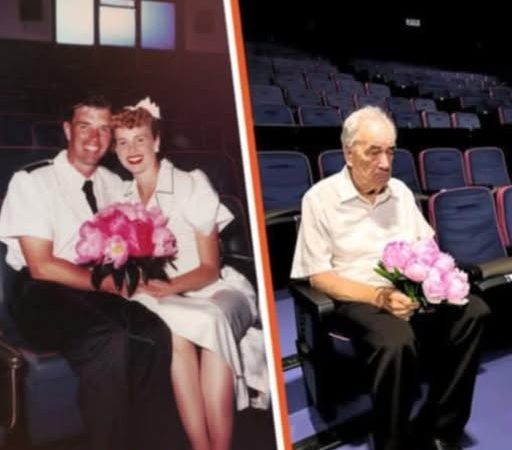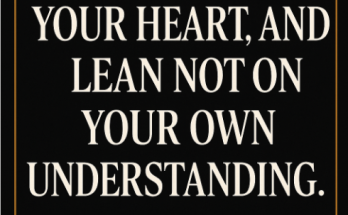Every Monday, I noticed an elderly man purchasing two movie tickets—yet he always watched the film alone. His ritual intrigued me, and one chilly morning, curiosity compelled me to join him. I had no idea that simple decision would weave our lives together.
The Lumière Cinema was more than just my workplace; it was a sanctuary. The projector’s gentle hum, the buttery scent of popcorn, the vintage posters whispering tales of bygone eras—here, the world outside faded away.
Henry Grace arrived like clockwork every Monday, dignified and unhurried amidst the usual rush. Tall and slender, he wore a navy coat, his salt-and-pepper hair combed back neatly. And always, without fail, he requested:
“Two tickets for the morning show, please.”
Yet he sat alone.
One winter day, as I handed him the tickets, our fingers brushed—his chilled by the cold. I offered a polite smile, but questions swirled: Why two tickets? Who was the other for?
“Another double date, huh?” Mia teased behind me, grinning as she helped a customer. “Very old-school romance.”
“Or he’s got an imaginary friend,” Jake added with a chuckle.
I didn’t laugh. There was a gravity to Henry that made their jokes feel hollow.
The following Monday, an idea took root. On my day off, I returned to the theater, drawn by something deeper than curiosity. The holiday lights glowed brighter, the air crisp with possibility.
Inside, Henry sat bathed in the screen’s soft light. He turned as I approached, offering a knowing smile.
“You’re not working today,” he observed.
I slid into the seat beside him. “Thought you might like company.”
His chuckle carried a quiet sorrow. “It’s not just about the movies.”
“Then what is it?”
Henry exhaled, his gaze fixed on the empty screen. “Years ago, a woman named Clara worked here. She had a way of lingering in your mind—like a melody you can’t forget.” His voice softened. “One day, I asked her to join me for a morning show. She agreed… but never came.”
A pause. The projector’s flicker mirrored the ache in his words.
“She was fired,” he continued. “The manager refused to tell me why—or where she’d gone. I moved on, married… but after my wife passed, I started coming back. Just in case.”
My chest tightened. “She was the love of your life.”
“She still is.”
“I’ll help you find her,” I promised—unaware of the storm that vow would unleash.
Clara had vanished under the watch of Mark Donovan: the theater’s steely manager, my distant father. The next morning, Henry and I stood outside his office, my stomach knotted.
Mark barely glanced up from his papers. “What’s this about?”
“Clara,” I said. “A woman who worked here decades ago. Henry deserves to know what happened.”
Mark’s jaw tensed. “Her name wasn’t Clara. It was Martha.” He leveled a gaze at Henry. “Your Martha. She was pregnant when I discovered the affair. I fired her, thinking if I kept her from you…” His voice frayed. “But the child wasn’t mine.”
The air left the room.
Henry swayed. “Martha… was Clara?”
Mark’s mask slipped—just for a second—revealing decades of bitterness and regret.
I turned to them both, my voice steady. “Let’s go see her. Together.”
The care facility’s festive wreath clashed with the weight in my chest. Inside, my mother—Martha—sat by the window, lost in the fog of Alzheimer’s.
Henry stepped forward, trembling. “Clara?”
She turned. A spark ignited in her eyes.
“Henry?” Her voice was a fragile thread of memory.
He reached for her hands. “I never stopped waiting.”
Tears blurred my vision as they embraced—two fragments of a shattered past, finally whole. Behind us, Mark stood rigid, but his hardened gaze had softened.
Outside, snow began to fall.
“It’s Christmas,” I whispered. “Let’s make this a new beginning.”
And in that quiet, snow-draped moment, four fractured lives began to heal.



